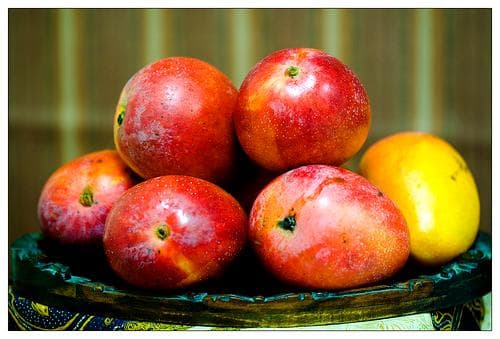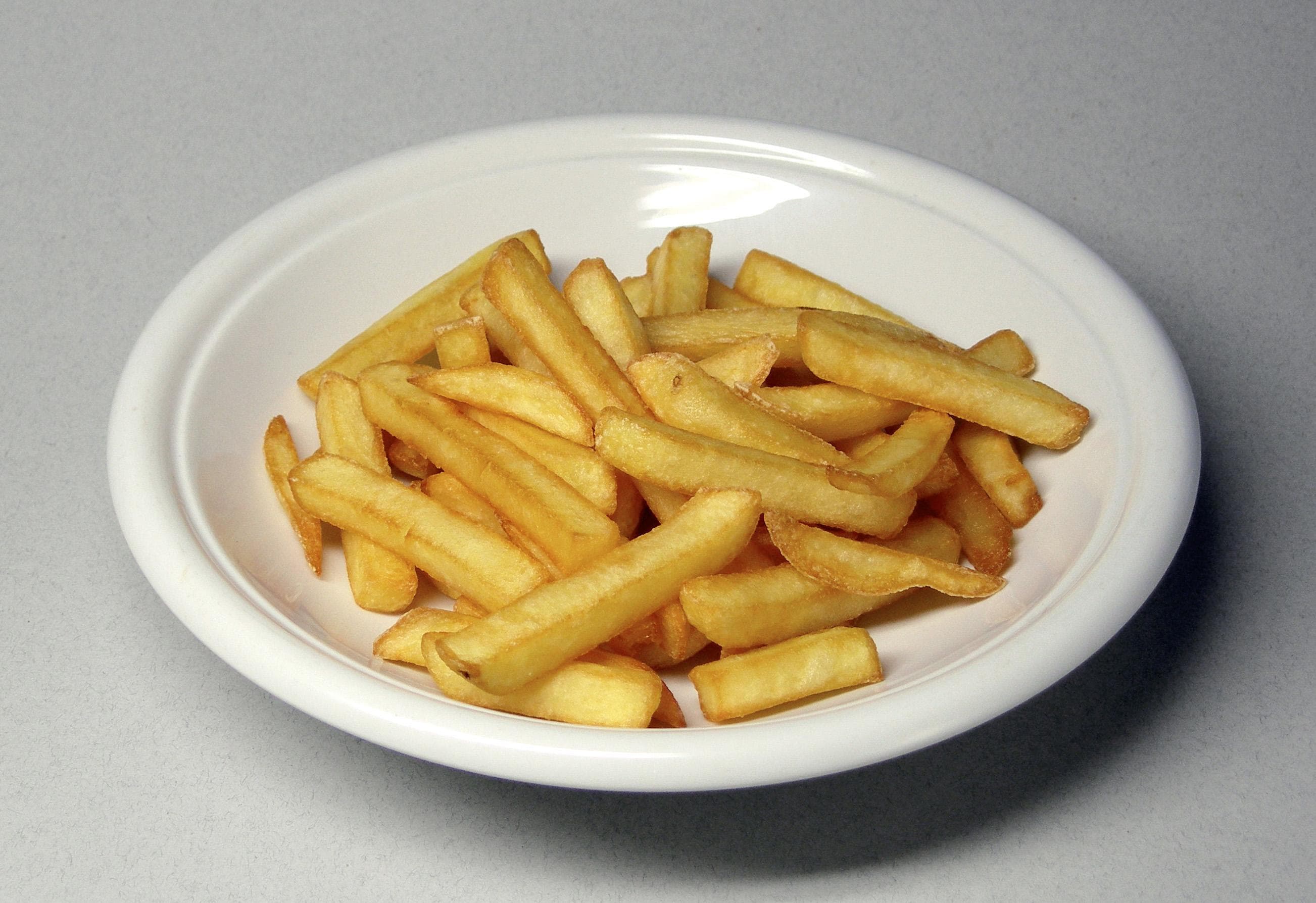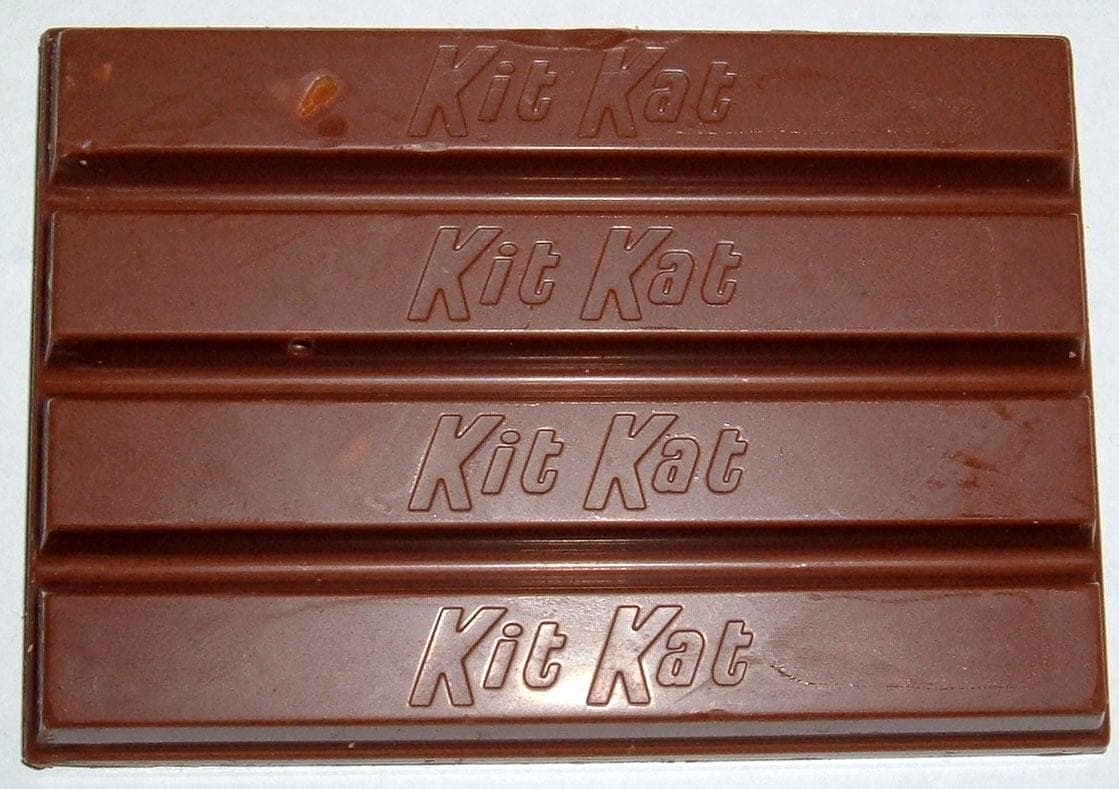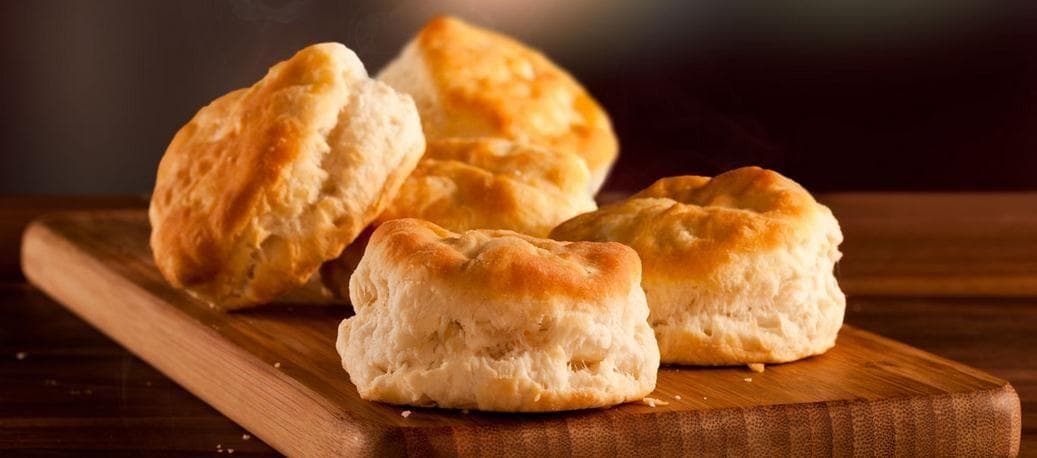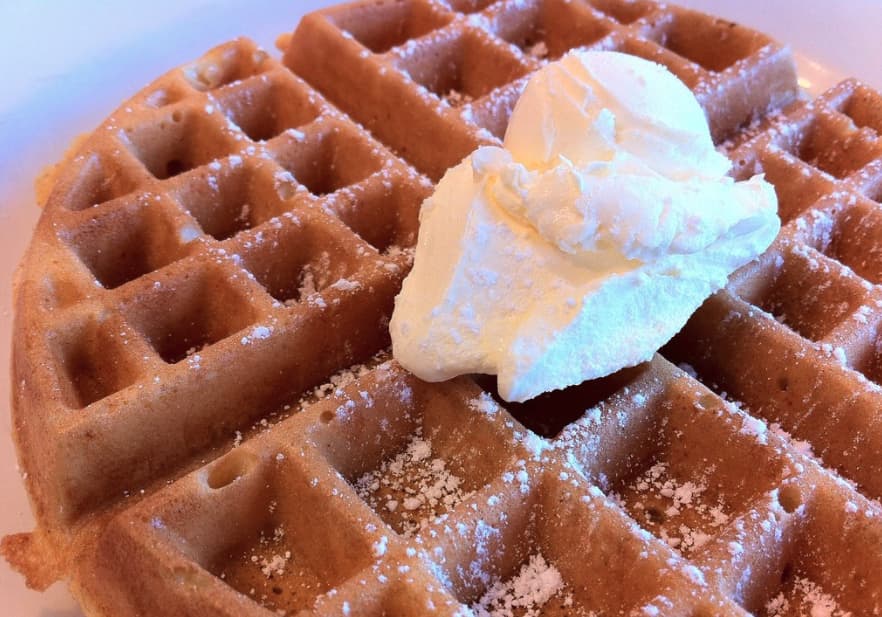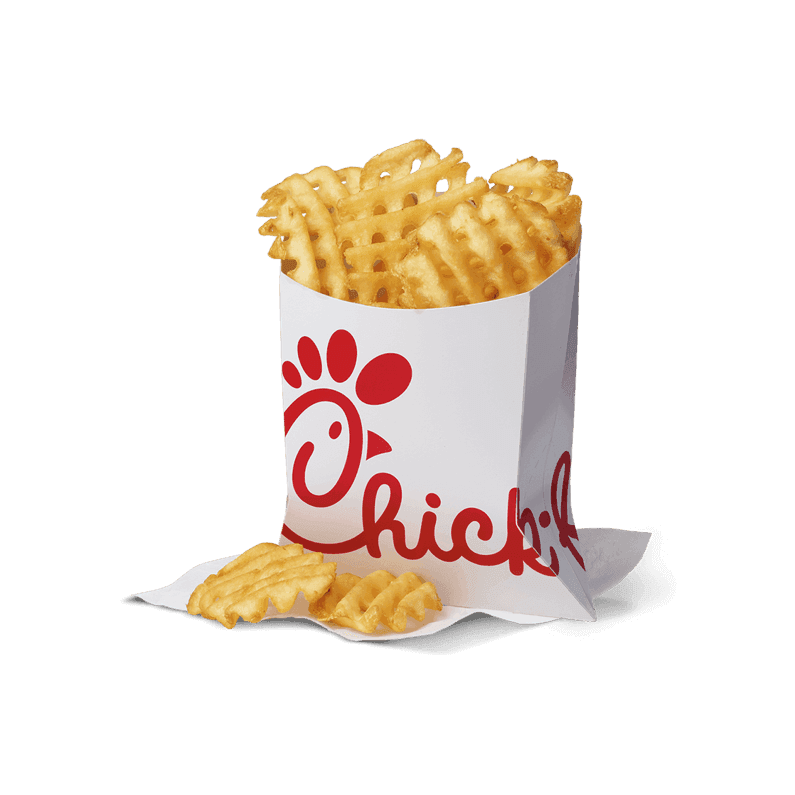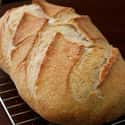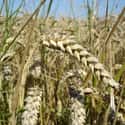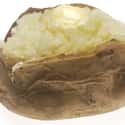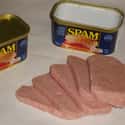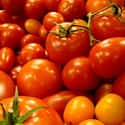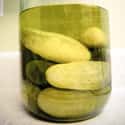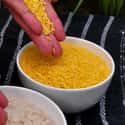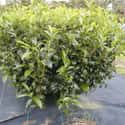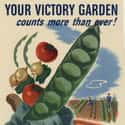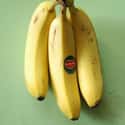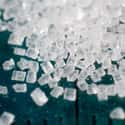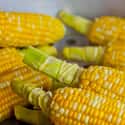-
(#1) Bread
Bread was everything to the common Frenchman's diet in 18th century Paris. It was so important that bakers were considered public servants and the police controlled bread production. So when there was a massive bread shortage that led to a famine, you better believe everyone was eager to overthrow the government. What followed was known as the French Revolution.
-
(#2) Wheat
Grain (and by extension bread) feeds the world, and has fed it for almost as long as recorded history. Ancient Egypt's chief export was grain, which made it an incredibly important part of the Roman Empire. It also led to the discovery of beer, which you can bet millions are incredibly thankful for.
-
(#3) Salt
The original spice, salt was not only loved but needed in a daily diet, as a preservative, and as an antiseptic. It was so sought after that it's actually been used as a currency. The world "salary" actually comes from a time when workers were paid in salt. It has also set up many areas as economic powers, such as areas of France and the city of Venice, which had access to a great deal of salt they could sell.
-
(#4) Potatoes
Potatoes are a versatile and filling vegetable. It was easy to grow in Ireland, to the point where most of the population depended on the crop for their diet. In the mid 1800s, however, a blight wiped out the crop which led to over a million people dying of starvation. It's become a lesson in crop diversification ever since.
-
(#5) Spam
The Allies had millions of troops fighting in World War II, which meant they had to find a way to feed them. SPAM was a protein-rich meal that was easy to ship and had a long shelf-life, so it became the breakfast, lunch, and dinner of the guys who beat the Nazis. They got so sick of it, they started making jokes like "Spam is a ham that didn't pass its physical."
-
(#6) Tomato
It might be hard to believe, but for many, many years tomatoes didn't grow in Italy; they were all about the olive instead. But when expeditions to the New World brought back the red fruit... people started to slowly discover them. By the late 18th century, Italians were making tomato sauces and pastes. Within the next hundred years tomatoes became the cornerstone of Italian cooking.
-
(#7) Pickles
Pickling was one of the earliest forms of preserving food in ancient times. It allowed many foods to be transported, sailors to be fed, and families to have meals during the winter. Today, pickled vegetables have taken on different cultural significances, from kosher pickles to pickled plums in Japan.
-
(#8) Golden Rice Will Save Millions
Vitamin A deficiencies are a pretty big deal, leading to blindness and death for millions all over the world. Well, a new type of rice is being developed that's loaded in Vitamin A to help out people in third world countries. Golden Rice, named for its rich yellow color, is genetically designed for a bowl to provide 60 percent of the average person's daily Vitamin A requirement.
-
(#9) Tea
Tea was so popular in the colonial world, it literally led to corporate espionage and political revolutions. By the 17th century, the tea had become a staple of British culture which led to a rivalry between European and Chinese manufacturers. Many years later, a heavy tax on tea drove the American colonies to commit one of the inciting incidents of the American Revolution - the Boston Tea Party.
-
(#10) Victory Gardens Helped Win World War II
During the second World War, America was rationing certain fundamental foods in order to ensure they had enough to feed their population and their soldiers. Fruits and vegetables were in short supply, so the government asked its citizens to grow their own. More than 20 million Americans started "Victory Gardens" in backyards and on rooftops.
-
(#11) Banana
The most common banana today, the Great Cavendish, is not the banana your parents and grandparents grew up eating. It was adopted when a blight destroyed the beloved (and much tastier) Gros Michael bananas that were enjoyed around the world. Unfortunately, it seems the same thing is happening to the Cavendish. Without another type of banana in the world, that might mean the end of the fruit as we know it.
-
(#12) Wine
Wine has been an incredibly important part of human culture for thousands of years... but it actually contributed to how we look at other foodstuffs as well. While studying how to keep wine from spoiling, Louis Pasteur discovered he could heat the wine to destroy microbes and give it a longer shelf life. Thus, pasteurization was born. The milk industry is still thanking him for that one.
-
(#13) Sugar
People love sugar, to the point where it's become one of the biggest cash crops in human history. In fact, the huge demand for the product formed the basis for much of the economic practices during the colonial era. Harvesting and refining sugar cane required a great deal of man power... which gave a lot of business to the transatlantic slave trade.
-
(#14) Chocolate
When Spanish conquistadors went to find gold and silver in the Americas, they instead came back with cocoa beans... which soon became a drink enjoyed by only the most wealthy and noble families in Spain. After a hundred years, however, chocolate made its way over to France and the rest of Europe. Presses and refinement processes were soon invented, which resulted in cheaper chocolate that could be sold to everyone. By the mid 1800s, the chocolate bar had been born.
-
(#15) Bt Corn Will End Insecticides
Crop eating insects have long been the bane of the farmer's existence. The advent of genetically modified crops has allowed for a new generation of plants that are highly resistant to insects. Bt corn contains a special protein that targets certain insects that eat corn crops, all while being completely harmless to everything else. No more spray-on insecticides!
-
(#16) Fast food
Though restaurants have been around for thousands of years, sitting down and waiting for your specially prepared meal had always been a big commitment of time and money. When fast food places came on the scene, they suddenly became a place where anyone could grab a bite for cheap. The trick was refining an assembly line for creating food out of ingredients purchased in bulk, and it paid off in the form of a nearly $200 billion industry.
-
(#17) TV dinner
A good meal can take a long time to make. When the microwave came on the scene, it opened up a world of time-saving possibilities. Enter the TV dinner, which let parents everywhere feed their kids in a mere 10 minutes. This was a huge convenience, though the dietary and health implications of TV dinners are still debated to this day.
-
(#18) Salmon
The first product of its kind to be approved by the FDA, this new type of salmon can be grown in half the time as a common farmed salmon. While there has been some opposition to the idea of genetically modified fish, the FDA doesn't see a reason for the fish to be deemed unsafe.
New Random Displays Display All By Ranking
About This Tool
Some foods have a long history and symbolic significance, in addition to the quantitative and qualitative difference apparent in holiday meals, some special traditional foods, and their symbolic significance are indispensable. The development of human history is closely related to all kinds of food. Whether it is the Industrial Revolution, the World War, or the history of colonies, they are all changes brought about by the food trade. The army needs food, and human beings need food to survive.
We would like to introduce random 18 historically important foodstuffs with the random tool, such as bread, wheat, salt, and more great food innovations which are common but important in our daily life. Welcome to use the tool to search for what you like.
Our data comes from Ranker, If you want to participate in the ranking of items displayed on this page, please click here.

